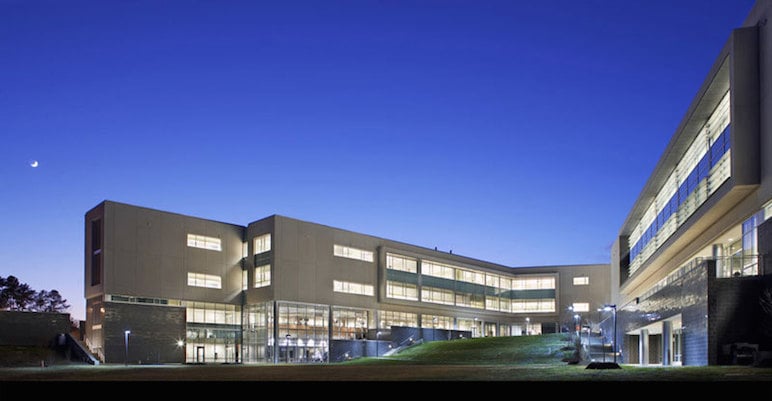Does Sick Building Syndrome Exist? How Can Your HVAC Company Help?
Although it may sound like something out of a cartoon or a Sci-Fi movie, Sick Building Syndrome is definitely real, and it could be affecting your commercial facility right now.
Sick Building Syndrome (SBS) is a phenomenon unique to the occupants of commercial buildings, and it’s been recognized for decades. Generally, it refers to individuals experiencing acute negative health symptoms that are directly linked with time spent in a particular building or area within the building.

A 1994 report by the World Health Organization identified numerous symptoms, including: “mucous membrane irritation (eye, nose, and throat irritation), neurotoxic effects (headaches, fatigue, and irritability), asthma and asthma-like symptoms (chest tightness and wheezing), skin dryness and irritation, gastrointestinal complaints and more.”
What causes SBS?
SBS has its critics, many of whom are convinced at least some reported incidents and symptoms are psychologically founded, based on the power of suggestion, or completely fabricated to allow for extra time off.
However, many experts agree that at least some of the reported symptoms are legitimately caused by chemical agents and other contaminants inside the commercial building environment. These can include:
- Molds
- Fungi
- Bacteria
- Viruses
- Chemical contaminants (from poorly used or stored cleaning supplies, for example)
- Ozone (a byproduct of some office equipment)
- Particulates in the air (such as those caused by outgassing of certain building materials)
- Infectious diseases
The key element underlying most of these potential issues is faulty or inadequate ventilation and air circulation, which is why SBS becomes a chronic problem in many buildings where the commercial HVAC system is outdated, functioning poorly, or in dire need of professional maintenance.
When a commercial HVAC system isn’t circulating air effectively — and exchanging it as needed with fresh outside air — the indoor environment can deteriorate quickly, due to both natural and synthetic contaminants.
Similarly, if the system isn’t adequately maintaining consistent temperature and humidity levels, the air inside can become a breeding ground for biological contaminants — from mold and bacteria that cause the common cold, to serious infectious diseases.
What can be done about Sick Building Syndrome?
With the exception of serious outbreaks of mold — which are usually a sign of structural flaws — the issues described above aren’t going to directly damage your building or your HVAC system. Not immediately, anyway.
However, if the system runs poorly or fails to adequately circulate and filter the air, it likely means components of the system require cleaning, repair, or replacement. It may be filters, fans, or air intake vents. Or, it may be more systemic in nature: a malfunctioning chiller or air exchanger. Over time, these malfunctioning parts can cause other failures in a snowball effect because they place undue strain on the rest of the system.
At the very least, a system with problems is likely wasting money on energy because it’s running inefficiently.
Learn more about creating an energy efficiency plan for your building.
And don’t discount the long-term effects discomfort and illness can have on the building’s occupants. From lower productivity and more frequent use of sick time, to lower morale and even a rise in turnover, sick buildings can end up costing businesses significantly over time.
Identifying the cause of the problem and effectively resolving it can be tricky. A professional, experienced HVAC technician as part of a reputable commercial HVAC company has the know-how and tools necessary to do just that, quickly, accurately, and effectively.
If tenants or building occupants in your Charlotte area facility are complaining routinely about physical symptoms that could be caused by an air quality issue, contact AirTight FaciliTech today to have your system inspected and resolve SBS once and for all.

